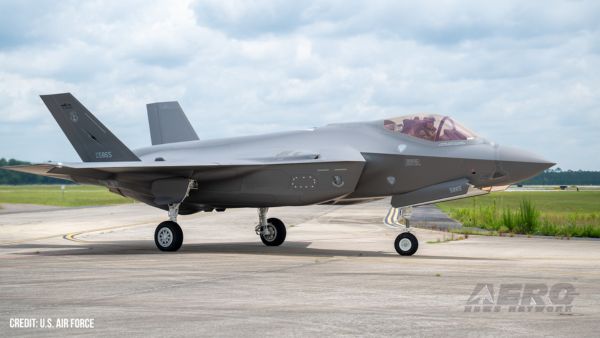Sat, Apr 26, 2025
Pivots To Educating Pilots On Facilitating Applications
On April 23, the acting administrator of the FAA announced that the agency will not move ahead with its policy of issuing denials of incomplete medical applications when the prior long-standing policy was to defer them until the applications were complete.

The agency said it will instead work with the aviation community to establish initiatives that will give pilots information on best practices to facilitate their medical applications as well as assist the FAA in processing applications deferred by AMEs.
The federal air surgeon and deputy air surgeon relayed updates on some of the initiatives already underway to improve both the application process and their processing.
The FAA Office of Aerospace Medicine is making a strong effort toward the goal of processing applications “in a timely, consistent, and transparent” manner with the intent of returning as many airmen as possible to flying status.

There has been a significant increase in the number of medical applications over the past few years, and many of them are what the agency calls “complicated” and require additional information and agency review through the ‘special issuance’ process. The agency explains that up to half of those cases – which are required to be deferred by the AME – are incomplete and require even further communication between the FAA and applicant. Such back-and-forth can easily add weeks to the review process, and that time can be saved by the applicant providing the information at the initial exam.
Medical advocacy groups including the EAA and others have focused on reducing the number of conditions or diagnoses that result in “complicated” applications. And the FAA responded by specifying more than two dozen conditions that would have previously required special issuances, but have been classified as “Conditions AMEs Can Issue” or CACIs. Such conditions can easily be certified by the AME on the day of the exam by completing a checklist and obtaining any medical documentation needed prior to the exam.
More News
Aero Linx: The American Society of Aerospace Medicine Specialists (ASAMS) The Society is a non-profit organization created to serve as a voice for and represent the professional ne>[...]
Class C Service This service provides, in addition to basic radar service, approved separation between IFR and VFR aircraft, and sequencing of VFR aircraft, and sequencing of VFR a>[...]
Have A Story That NEEDS To Be Featured On Aero-News? Here’s How To Submit A Story To Our Team Some of the greatest new stories ANN has ever covered have been submitted by our>[...]
Also: ERAU Uses UAVs, P550 Group 2 UAS, Starship’s Florida Launches, NASA Missions Chopped The Air Force has put out a call to commission a one-to-one copy of the Iranian-des>[...]
Classic Klyde Morris From 11.07.16 (and Remembering Bob...) FMI: www.klydemorris.com>[...]
 ANN's Daily Aero-Linx (08.27.25)
ANN's Daily Aero-Linx (08.27.25) ANN's Daily Aero-Term (08.27.25): Class C Service
ANN's Daily Aero-Term (08.27.25): Class C Service ANN FAQ: Submit a News Story!
ANN FAQ: Submit a News Story! Airborne-NextGen 08.26.25: Iran UAV Knockoffs, X-37B Spaceplane, Army Training
Airborne-NextGen 08.26.25: Iran UAV Knockoffs, X-37B Spaceplane, Army Training Classic Klyde Morris (08.25.25)
Classic Klyde Morris (08.25.25)




